Hormones are the body’s chemical messengers, influencing nearly every aspect of health—energy, mood, sleep, reproduction, and even immunity. When they’re in balance, life flows smoothly. But when they’re disrupted, the effects ripple across body and mind.
Conventional approaches to hormonal imbalances often involve synthetic medications or hormone replacement therapy. While sometimes necessary, these methods may not address the root causes of imbalance and can bring unwanted side effects. Dr. Sebi offered a different perspective: nature itself provides herbs that can gently nourish and rebalance the endocrine system.
This article explores how hormones work, the symptoms of imbalance, and the alkaline herbs from the Nutritional Guide that support harmony in the body’s hormonal landscape.
Understanding Hormones
Hormones are produced by glands in the endocrine system, such as the thyroid, adrenal glands, pancreas, and reproductive organs.
They regulate:
- Metabolism
- Growth and development
- Reproductive health
- Stress response
- Sleep-wake cycles
- Energy levels
When these hormones fall out of balance, the body sends signals in the form of symptoms.
Signs of Hormonal Imbalance
- Fatigue or insomnia
- Irregular menstrual cycles or infertility
- Mood swings, depression, or anxiety
- Weight gain or loss without clear reason
- Hair loss or changes in skin health
- Digestive problems
- Low libido
Rather than masking these symptoms, Dr. Sebi encouraged people to restore balance by cleansing the body, nourishing it with minerals, and using herbs that target specific systems.
Alkaline Herbs That Support Hormonal Balance (from Nutritional Guide)
1. Damiana
Traditionally used as a reproductive tonic, damiana helps regulate cycles, support fertility, and ease symptoms of hormonal fluctuation. It is also known to uplift mood. For these, and many other reasons, Damiana is included in Dr. Sebi's Estro, designed exclusively for women.
2. Burdock Root
This powerful blood purifier helps remove toxins and excess hormones from circulation, reducing stress on the liver—the organ that regulates hormone metabolism.
3. Chamomile
Beyond its calming effects on the nervous system, chamomile supports adrenal health, easing the impact of stress hormones like cortisol.
4. Elderberry
Packed with antioxidants, elderberry strengthens immunity, which is closely tied to hormonal health. A strong immune system helps maintain balance between endocrine and lymphatic functions.
5. Tila (Linden Flower)
By calming the nervous system and reducing anxiety, tila helps regulate cortisol and promotes hormonal harmony.
How These Herbs Work
- Liver Support: Burdock root helps the liver detoxify and recycle hormones.
- Stress Regulation: Chamomile and tila calm the nervous system, reducing overproduction of stress hormones.
- Reproductive Health: Damiana supports the reproductive glands and promotes balance in estrogen and progesterone.
- Immune Balance: Elderberry strengthens immunity, indirectly supporting the endocrine system.
Practical Ways to Use Hormone-Balancing Herbs
1. Herbal Teas
- Morning: Burdock and elderberry tea to support detox and immunity.
- Afternoon: Chamomile or tila to reduce stress.
- Evening: Damiana tea to support reproductive balance and relaxation.
2. Herbal Infusions
Long-steeped teas (6–8 hours) of burdock or chamomile extracts more minerals and compounds.
3. Culinary Uses
Ginger (also on the Nutritional Guide) can be added to meals to support circulation and reduce inflammation, aiding hormone function.
4. Herbal Blends
Combine damiana, chamomile, and tila for a calming, reproductive-supportive blend.

Supporting Lifestyle Practices
Herbs are most effective when paired with holistic habits:
- Diet: Focus on alkaline fruits, greens, and grains like quinoa, kale, and spelt.
- Sleep: Deep rest supports the body’s hormonal cycles.
- Stress Reduction: Meditation, movement, and breathwork help regulate cortisol.
- Hydration: Spring water keeps the body’s systems in balance.
FAQs
Q: Can herbs completely replace hormone therapy?
A: Herbs can support natural balance, but in cases of severe imbalance, medical supervision may still be necessary. Herbs work best for mild to moderate issues and prevention.
Q: How long does it take to see results?
A: Some people notice improvements within weeks, while others may take months. Consistency is key.
Q: Are these herbs safe for children?
A: Herbs like chamomile and elderberry are gentle and safe for children in small amounts. Damiana, however, is primarily for adult reproductive support.
Q: Can men benefit from hormone-balancing herbs?
A: Yes. Damiana, burdock, and chamomile also support testosterone balance, stress resilience, and reproductive health in men.
Dr. Sebi’s Perspective
Dr. Sebi taught that the body heals itself when we remove obstructions and provide the right fuel. For him, hormonal imbalance was not an isolated issue but part of a wider pattern of toxicity and mucus buildup. By cleansing with herbs and following the Nutritional Guide, the glands could regain their natural rhythm.
"The food that we eat is the very substance that causes the whole hormonal structure of the body to go haywire because it's on an acid-base. So you're going to get acid thoughts." - Dr. Sebi
He saw herbs not as quick fixes but as living allies—plants designed by nature to restore harmony. His approach was always about reconnecting to the body’s original balance.
Conclusion
Hormonal imbalances can feel overwhelming, but they are not insurmountable. By embracing alkaline herbs like damiana, burdock, chamomile, elderberry, and tila, we can nourish the glands, calm the nervous system, and support natural detoxification.
Combined with alkaline nutrition, hydration, rest, and stress management, these herbs offer a holistic pathway to balance. Instead of relying only on synthetic solutions, we can align with nature’s design and allow the body to return to harmony.

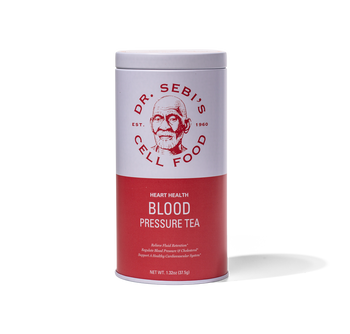
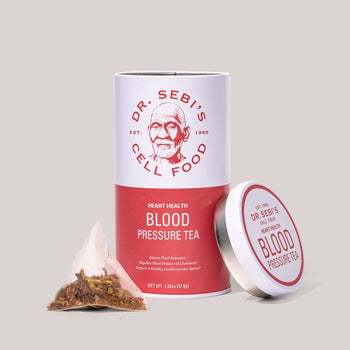
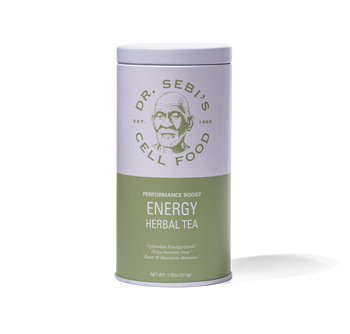
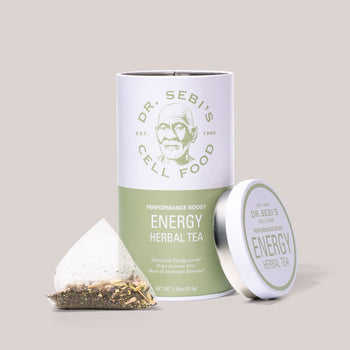
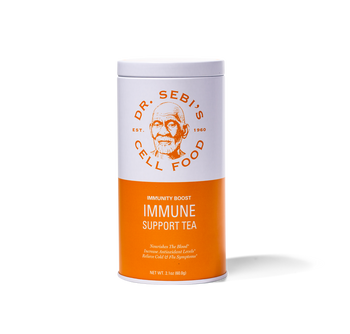
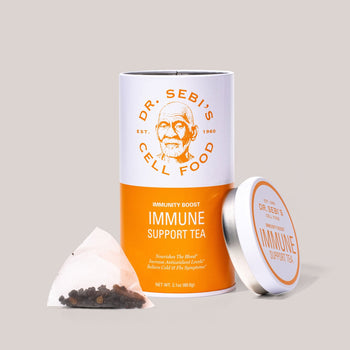
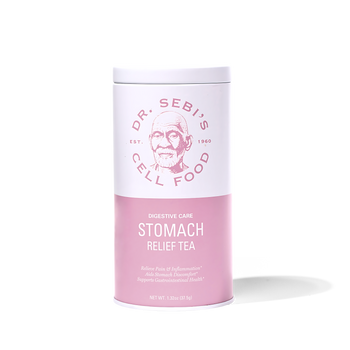
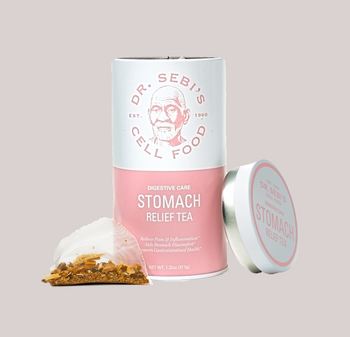
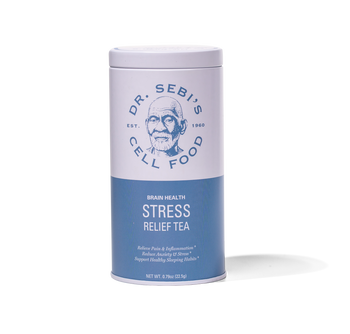

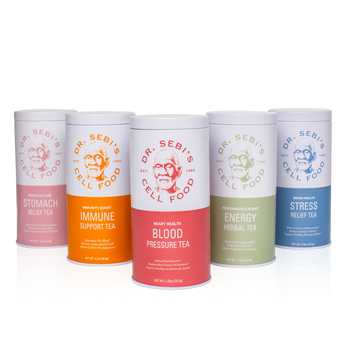 Liquid error (snippets/card-product line 54): invalid url input
Liquid error (snippets/card-product line 54): invalid url input

















































